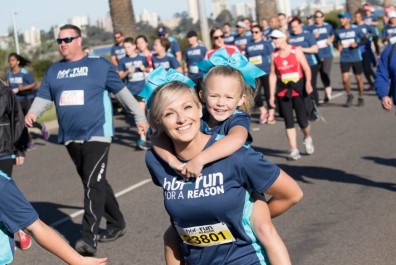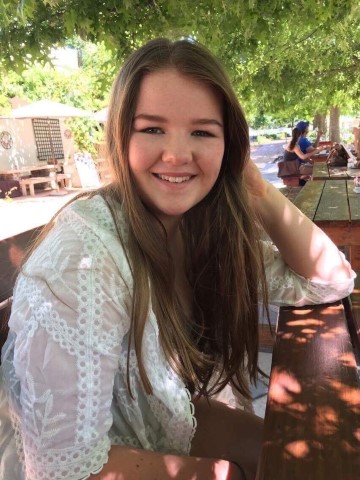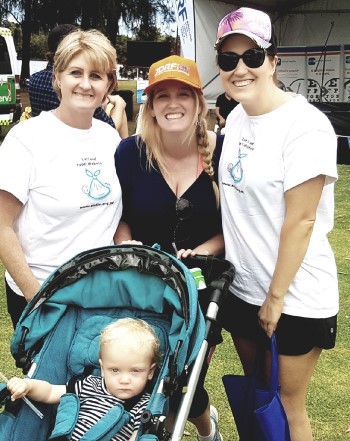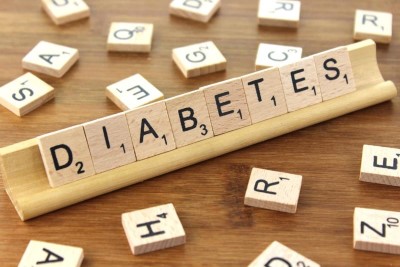Search

Kids living with Type 1 Diabetes got to hang out with super heroes and like-minded peers at the Diabetes WA and Princess Margaret Hospital (now known as Perth Children’s Hospital) kids’ camp in Bicton recently.

Recent changes to private health insurance policies are a timely reminder to check your level of cover, especially for those undergoing pump therapy.

Children’s Diabetes Centre researchers will be pounding the pavement in this year’s HBF Run for a Reason on Sunday, May 27 and invite you to join us!

Georgia Egan, 16,recently completed a six-month Hybrid Closed-Loop Outpatient Trial, the longest and largest at-home trial of a hybrid closed-loop insulin pump.

ENDIA (Environmental Determinants of Islet Autoimmunity) is a national observational study into the causes of Type 1 Diabetes in childhood.

The burden of having T1D is enormous and our researchers are conducting a study trying to understand how we can help relieve diabetes distress.

The deadline for ATAR exam special provisions is still open for newly diagnosed Type 1 Diabetes patients.

Adolescents and young adults with Type 1 Diabetes are invited to be co-researchers at a summit to help develop the Children’s Diabetes Centre’s new exercise gui

Volunteers are needed for the upcoming camp for 11 and 12-year-olds living with Type 1 Diabetes.

Congratulations to Children’s Diabetes Centre clinical research coordinator Niru Paramalingam who is the recipient of a 2017 The Kids Research Institute Australia Kudos Award
